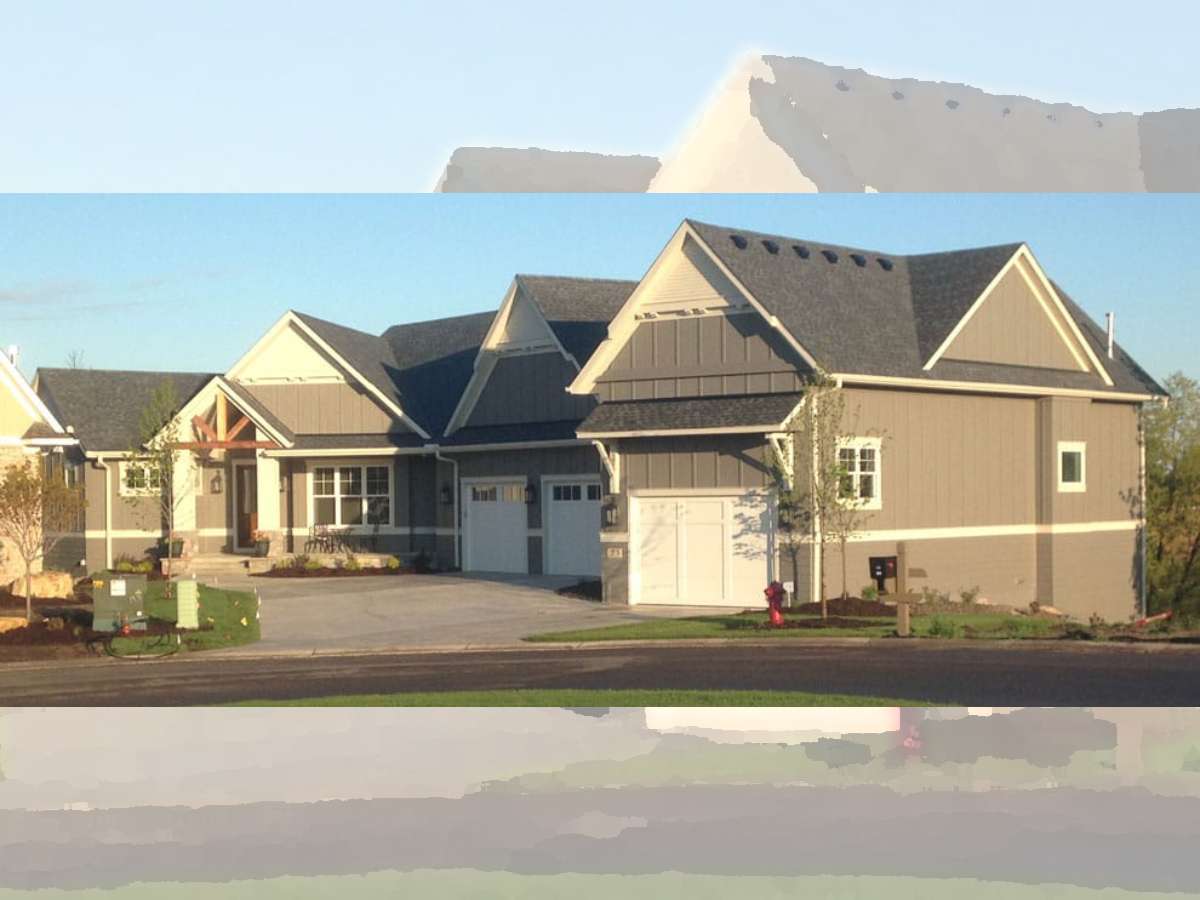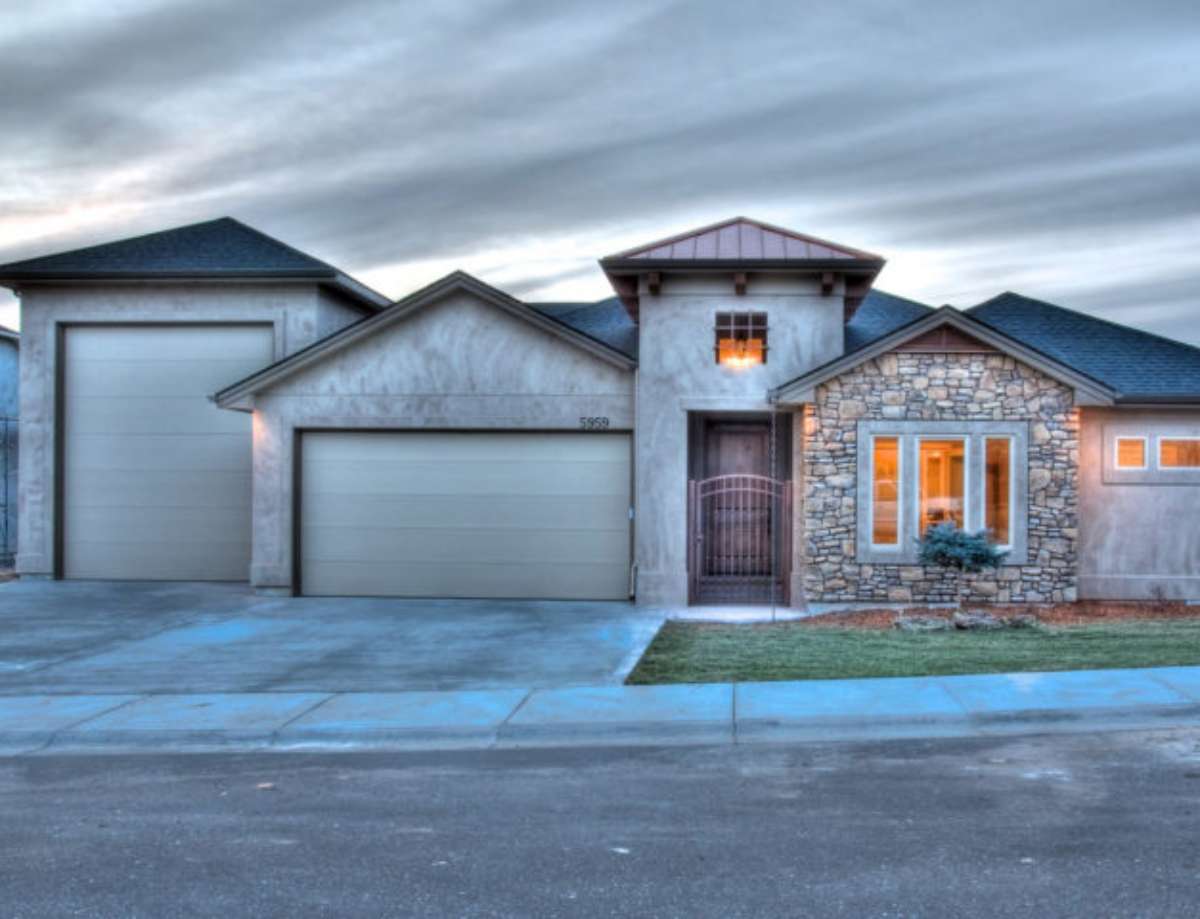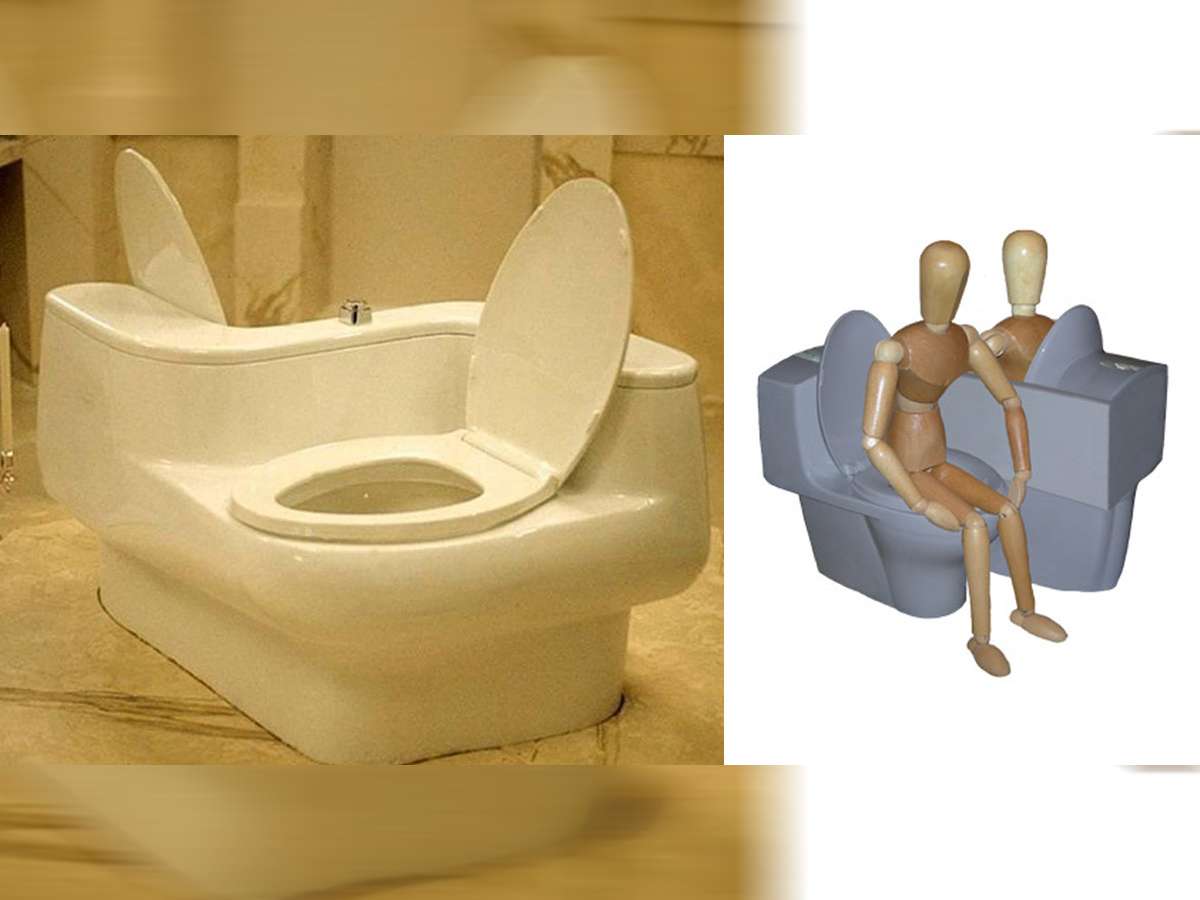So, what kinds of things do you need to keep in mind if you want an indoor hot tub in your house?
You could practically drown in the tidal wave of information available on hot tubs — if you allowed it to overwhelm you.
I’d like to scale things down a bit and just focus on the basics about hot tub installation — the most important information, with a fun twist.
I have to ask… why would you want to put your hot tub inside of your house in the first place?
In my opinion, having it a few steps outside of the house is the best location for the hot tub because:
- You’re outdoors under the stars, sun and moon.
- Fresh air is abundant.
- Sights and sounds of nature await you.
- It’s close to the fridge and blender.
- Drainage is not an issue if a leak occurs.
If those aren’t the greatest reasons for putting your hot tub outdoors, then I don’t know what is. But if you insist on it, here are some tips for indoor hot tub installation.
Pros And Cons Of Indoor Hot Tubs
You still want to put your hot tub inside, eh?
Okay then. Let me list a few of the potential pros & cons — if you insist on installing your hot tub indoors (including in the basement or garage).
Indoor Hot Tub Pros:
- Privacy – enjoy more comfort and relaxation inside your home.
- Less maintenance – hot tub stays cleaner indoors because it’s removed from the elements.
- Year-round use – weather is not an issue for indoor hot tub use.
Indoor Hot Tub Cons:
- Chemical smell and fumes – confinement of the hot tub indoors results in more smells.
- Moisture and humidity issues – mold and wood rot are possibilities.
- Expensive HVAC and plumbing bills – from all of the work that will need to be done to install it properly.
- Expensive contractor fees – because you will need to hire an experienced, knowledgeable contractor to do it right. It will be money well spent, though.
Before You Install An Indoor Hot Tub
Keep in mind, you must have reinforced concrete in place if you plan on placing your hot tub on a concrete slab. You need to hire an experienced contractor for this.
Instead of trying to do it yourself, please let a professional do what they do best because:
- The average hot tub weighs around 700 lbs.
- 100 gallons of water weighs 834 lbs.
- The average residential hot tub will hold 300 gallons of water.
- 6 adults average a total weight of 1,000 lbs.
Do the math. You should end up with a total weight of 4,200 lbs!
And yes, people move around and jump up and down when they get excited — so you definitely need a solid foundation for your indoor hot tub.
You will need to over-build the area in which you plan to install the hot tub in order to have a safe hot tub party. The last thing you want is to acquire a cracked basement floor — which would result in unwanted repair bills.
Here’s what it’s like to deliver and hook-up a hot tub.
The Biggest Reason To Hire A Contractor
The most important consideration is the amount of moisture that will accumulate in an indoor situation.
You will need specialized HVAC work to deal with all of the humidity and condensation. Otherwise, you would definitely have an unhealthy situation on your hands.
The room should be properly ventilated to allow moisture to escape. Using your hot tub for 15 minutes releases the equivalent water vapor as a shower of the same duration. Installation of a bathroom fan or other venting system is a good idea to prevent excess condensation in the room.
— SpaDepot
Here are some additional things you’ll need to consider before installing an indoor hot tub:
- You’ll need to have a drainage system in place — it may require digging up your current concrete slab in order to accommodate this.
- You’ll want to think about removing all of the concrete and installing a reinforced concrete slab under the footprint of the hot tub.
- If you don’t install a drainage system, you’ll need to have a sump pump in place and a wet vac nearby for water leak emergencies. The sump pump will make the job of replacing the water (at least 2 to 3 times per year) quicker and easier. Most hot tubs
come with a drain and hose that you can hook up your drainage system for quick and easy water removal.
The bottom line is that you need to hire an experienced contractor that knows about electrical and plumbing, if you plan on installing a hot tub inside of your home!
Helpful Indoor Hot Tub Resources
In addition to the links I’ve included above, here are some other resources to help you decide if an indoor hot tub is right for you:









